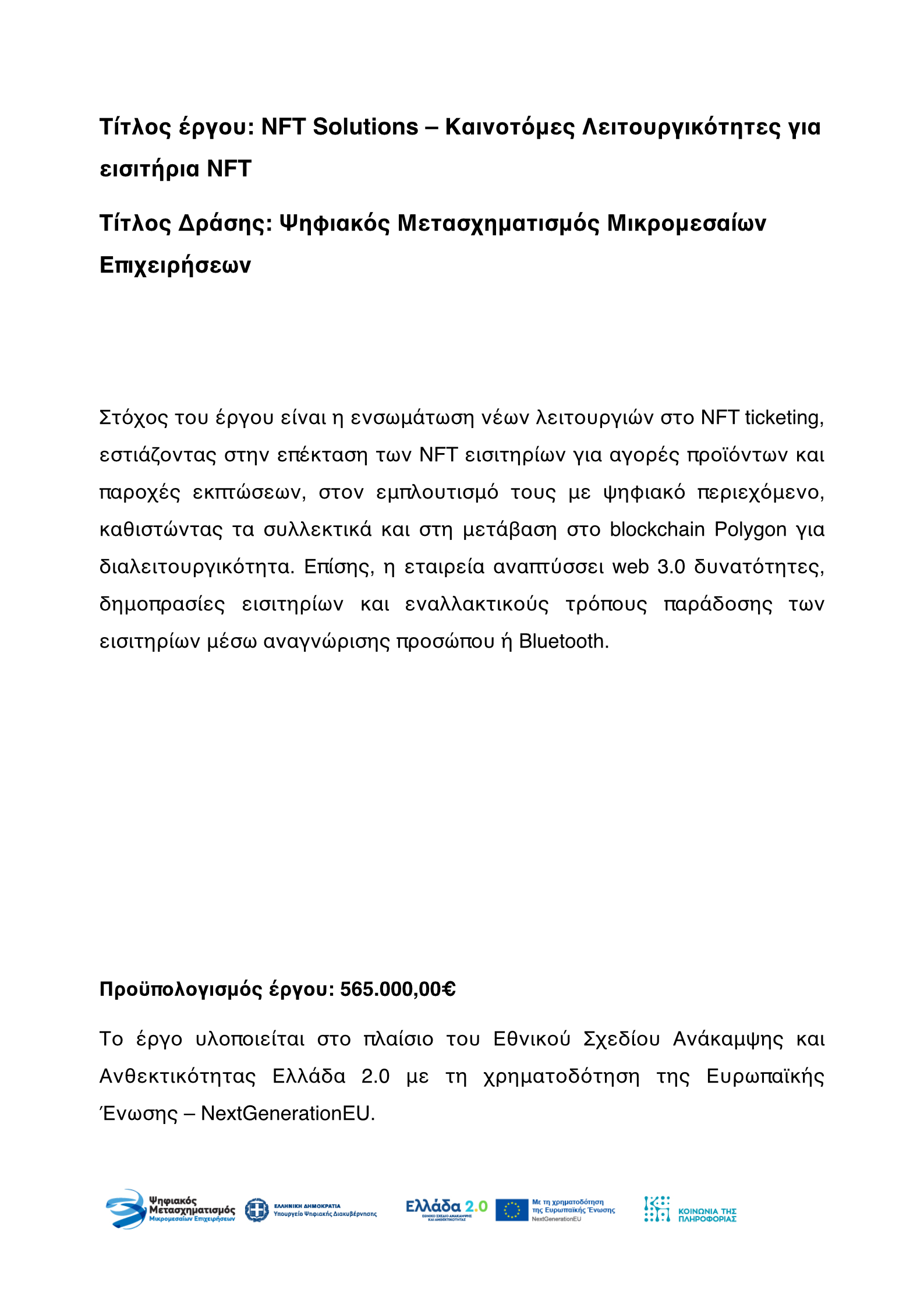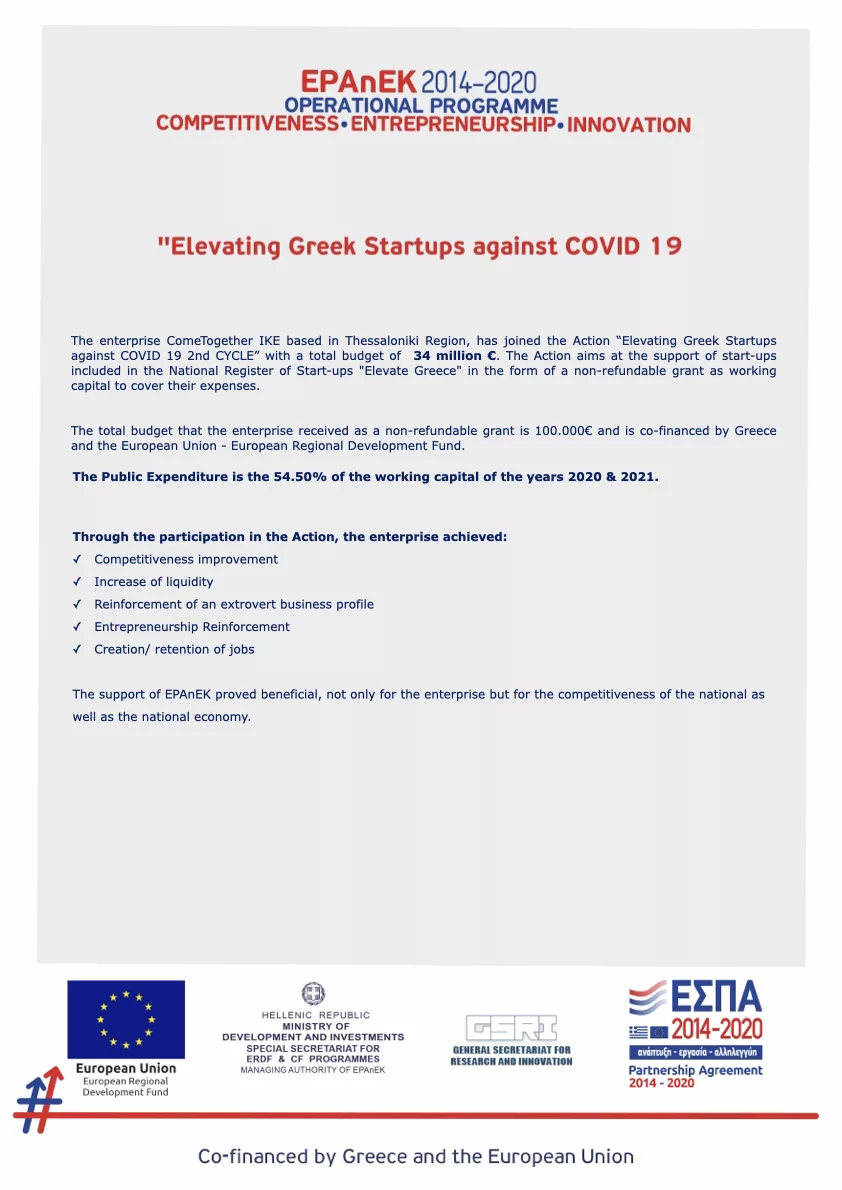NFT (Non-Fungible Token) tickets have rapidly become a powerful tool for event organizers, artists, and resellers. These blockchain-based digital assets offer a more secure, transparent, and flexible way to manage ticketing for concerts, sporting events, and conferences. Whether you’re selling or reselling NFT tickets, there are some strategies and best practices that can help you maximize your success.
How to Effectively Sell and Resell NFT Tickets
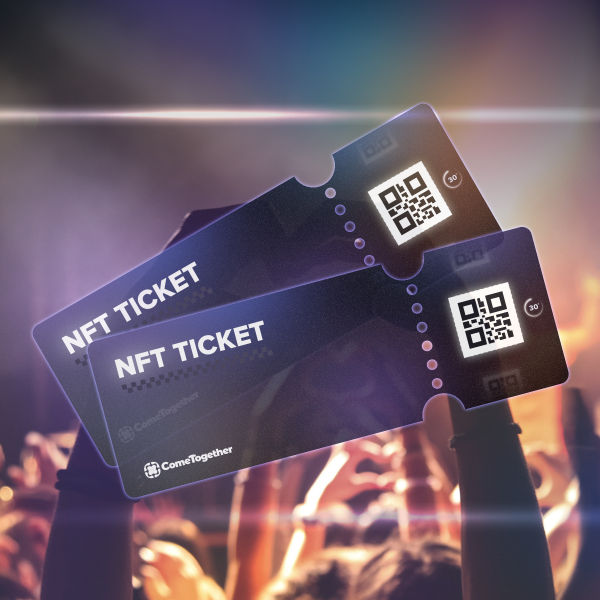
Table of Contents
– Overview of NFT Ticketing Technology
– Benefits of NFT Tickets
– Choosing the Right Marketplace
– Leveraging Smart Contracts
– Adding Value with Additional Perks
– Targeting the Right Audience
Effective Strategies for Reselling NFT Tickets
– Monitoring Market Trends
– Considering the Ticket’s Rarity
– Setting Competitive Prices
– Ensuring Transparency and Trust
Understanding the Basics of NFT Tickets
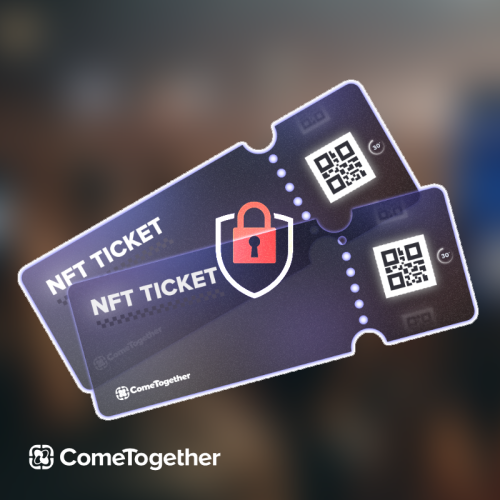
NFT tickets are unique, digital tokens that represent access to a particular event. Unlike traditional paper or digital tickets, NFT tickets are stored on a blockchain, ensuring they cannot be counterfeited or duplicated. They also allow event organizers to embed additional perks, such as exclusive content, merchandise discounts, or VIP access.
When selling or reselling NFT tickets, it’s important to know that their value may extend beyond the initial entry to an event. Collectors might view these tickets as digital memorabilia, increasing their long-term value.
Tips for Selling NFT Tickets
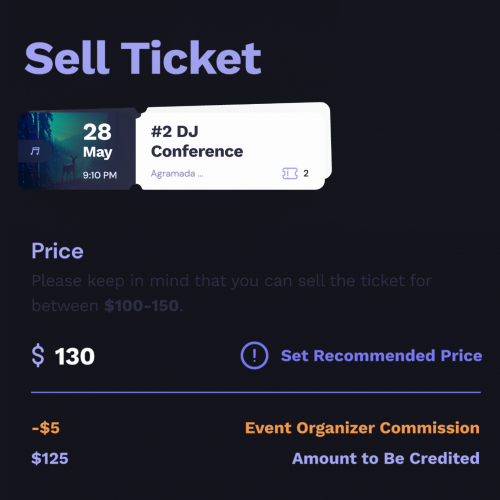
1. Choose the Right Marketplace
To sell NFT tickets effectively, you need to select a platform that supports NFT ticketing. Major platforms like OpenSea, Rarible, or specific NFT ticketing platforms such as ComeTogether provide easy-to-use interfaces for both sellers and buyers. Research which platform is the most popular for the type of event you’re hosting or reselling for.
2. Leverage Smart Contracts
Smart contracts govern the sale, transfer, and resale of NFT tickets, automating the process of ticket distribution. When setting up NFT tickets, ensure the smart contracts define the terms of sale clearly, such as resale restrictions or royalty fees. These contracts also ensure that event organizers receive a percentage of resale profits, helping them combat secondary market scalping while still providing flexibility for resellers.
3. Add Value with Additional Perks
To make your NFT tickets more appealing, consider including bonuses like backstage passes, digital artwork, or exclusive event recordings. This not only increases the desirability of your tickets but also helps to build a community around your event. Buyers are more likely to spend extra on tickets that provide them with a unique experience.
4. Target the Right Audience
Marketing your NFT tickets is key to ensuring a successful sale. Use social media, email campaigns, and online forums to promote the unique advantages of your NFT tickets, such as secure ownership and exclusive perks. NFTs are popular in niche communities like crypto enthusiasts and art collectors, so be sure to engage with these groups.
Effective Strategies for Reselling NFT Tickets
1, Monitor Market Trends
Just like any other asset, the value of NFT tickets can fluctuate based on supply and demand. Keep an eye on the secondary market to understand when demand peaks for the event or similar events. Reselling at the right time can significantly increase your profits.
2. Consider the Ticket’s Rarity
If your NFT ticket includes rare perks, such as limited-edition content or access to exclusive areas, it may hold greater value in the secondary market. Collectors may pay a premium for tickets that offer something unique beyond event entry.
3. Set Competitive Prices
To resell NFT tickets effectively, pricing is critical. Set a price that reflects both the current demand and any additional value your NFT ticket offers. Overpricing might deter potential buyers, while underpricing could mean you miss out on higher profits. Many NFT platforms also allow for auction-style reselling, where interested buyers bid on tickets, allowing the market to determine its true value.
4. Ensure Transparency and Trust
Transparency is one of the key advantages of blockchain technology. When reselling NFT tickets, ensure that all relevant information is clearly displayed, including ticket authenticity, terms of sale, and event details. This helps build trust with potential buyers, as they can easily verify the legitimacy of the ticket on the blockchain.
Selling and reselling NFT tickets offer unique opportunities for event organizers, artists, and resellers. By leveraging the security and transparency of blockchain technology, incorporating smart contracts, and targeting the right audience, you can maximize the value of your NFT tickets. Whether you are selling them for the first time or reselling them on the secondary market, understanding the dynamics of NFT ticketing is essential for success in this growing market.
FAQs
What are NFT tickets
NFT (Non-Fungible Token) tickets are unique, digital tokens stored on a blockchain that represent access to an event. Unlike traditional tickets, NFT tickets cannot be duplicated or counterfeited and may include additional perks like exclusive content or merchandise.
Why should I use NFT tickets instead of traditional ones?
NFT tickets offer greater security, transparency, and flexibility. They prevent fraud, can include exclusive perks for ticket holders, and allow event organizers to earn royalties on resales
Where can I sell NFT tickets?
You can sell NFT tickets on general NFT marketplaces like OpenSea and Rarible or use specialized NFT ticketing platforms such as ComeTogether. Research to find the best platform for your specific event.
What are smart contracts, and why are they important for NFT tickets?
Smart contracts are self-executing agreements stored on the blockchain that automatically handle ticket transfers, resale terms, and royalty distributions. They ensure that both the original sellers and resellers follow the agreed-upon conditions, protecting all parties involved.
How can I add value to my NFT tickets?
You can add value by including perks like backstage access, limited-edition digital artwork, or exclusive event recordings. These extras make your NFT tickets more appealing and create lasting value for buyers.
How should I price my NFT tickets?
For initial sales, research market demand and consider the exclusivity of your event and perks. For reselling, keep an eye on market trends and price competitively. You can also use auction-style sales to let buyers bid on your tickets.
How do I target the right audience for NFT ticket sales?
Promote your NFT tickets on social media, through email campaigns, and in niche online communities like cryptocurrency and digital art forums. Engage with groups who are familiar with NFTs and appreciate their value beyond just event entry.
When is the best time to resell NFT tickets?
The best time to resell is when market demand for the event peaks, often closer to the event date. Monitor trends on NFT platforms to identify when ticket prices are rising, ensuring you sell at a high point.
How can I build trust when reselling NFT tickets?
Ensure transparency by providing clear information about the ticket’s authenticity, event details, and any terms of resale. Buyers can verify this information on the blockchain, which helps build trust and increases the likelihood of a successful sale.
Can NFT tickets gain value after the event?
Yes, NFT tickets can gain value even after the event, especially if they are viewed as digital collectibles or include rare perks. Event memorabilia or exclusive digital assets tied to the ticket may appeal to collectors, increasing its resale value.
What happens if I resell an NFT ticket?
When you resell an NFT ticket, the new buyer gains ownership and the ticket is transferred via the blockchain. Event organizers may also receive a portion of the resale value as a royalty, depending on the smart contract terms.
Are there restrictions on reselling NFT tickets?
Some NFT tickets have resale restrictions, such as price caps or limits on how many times they can be resold. These terms are usually embedded in the smart contract and ensure fair resale practices.

